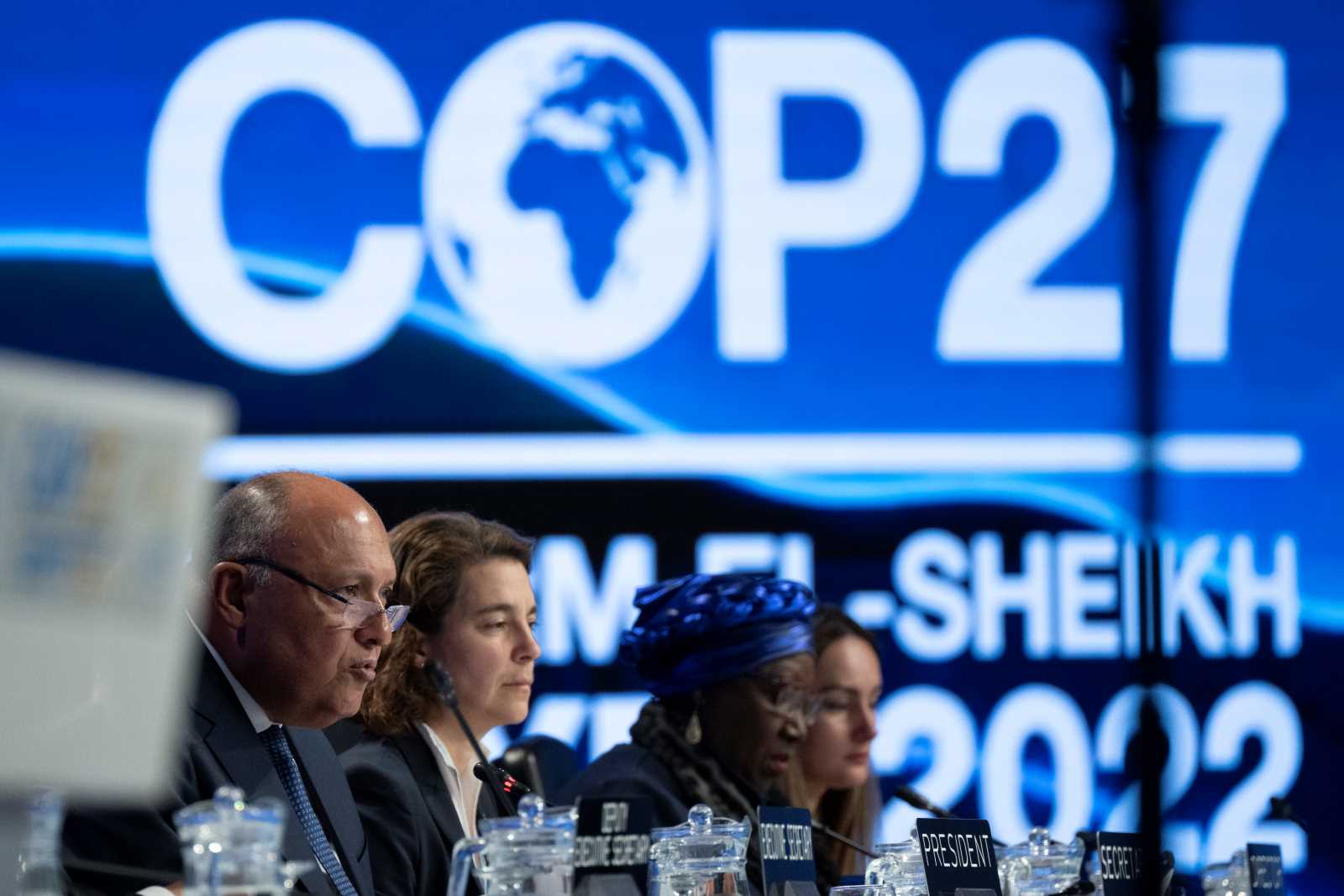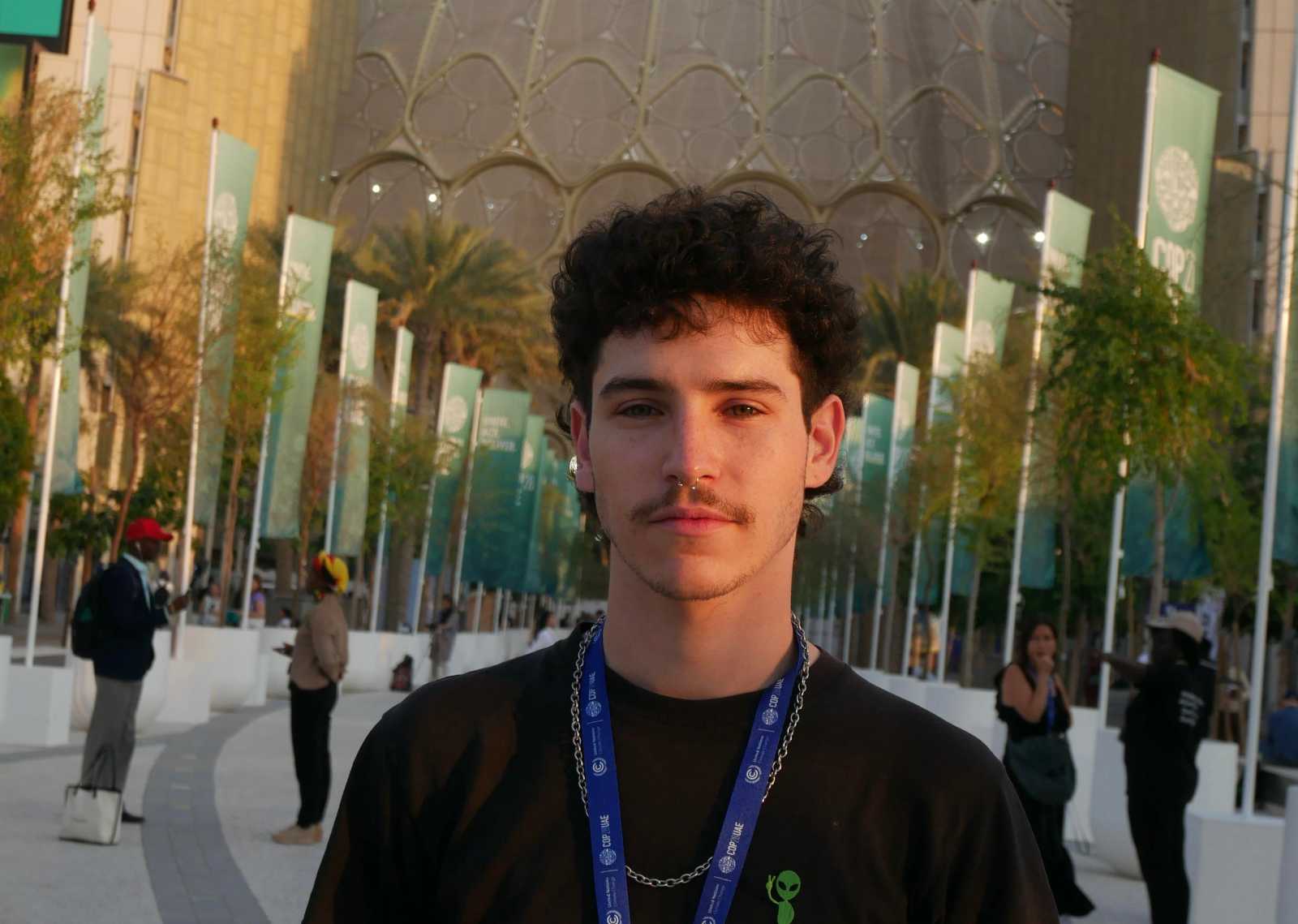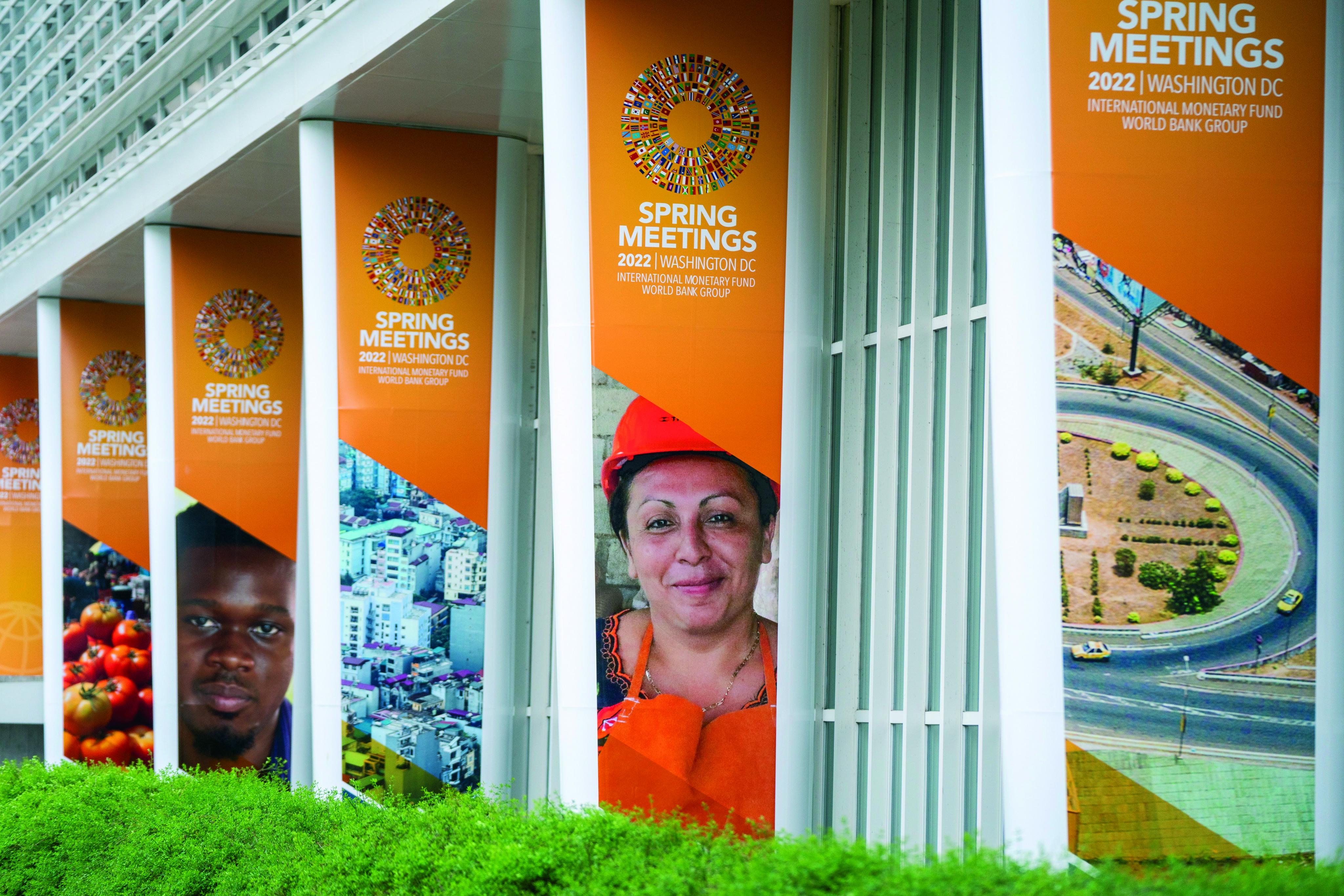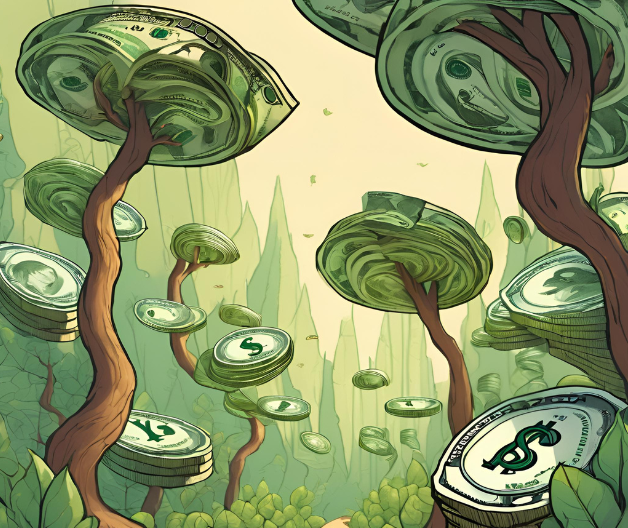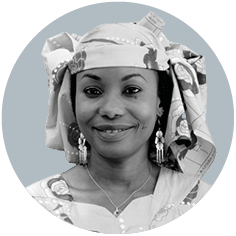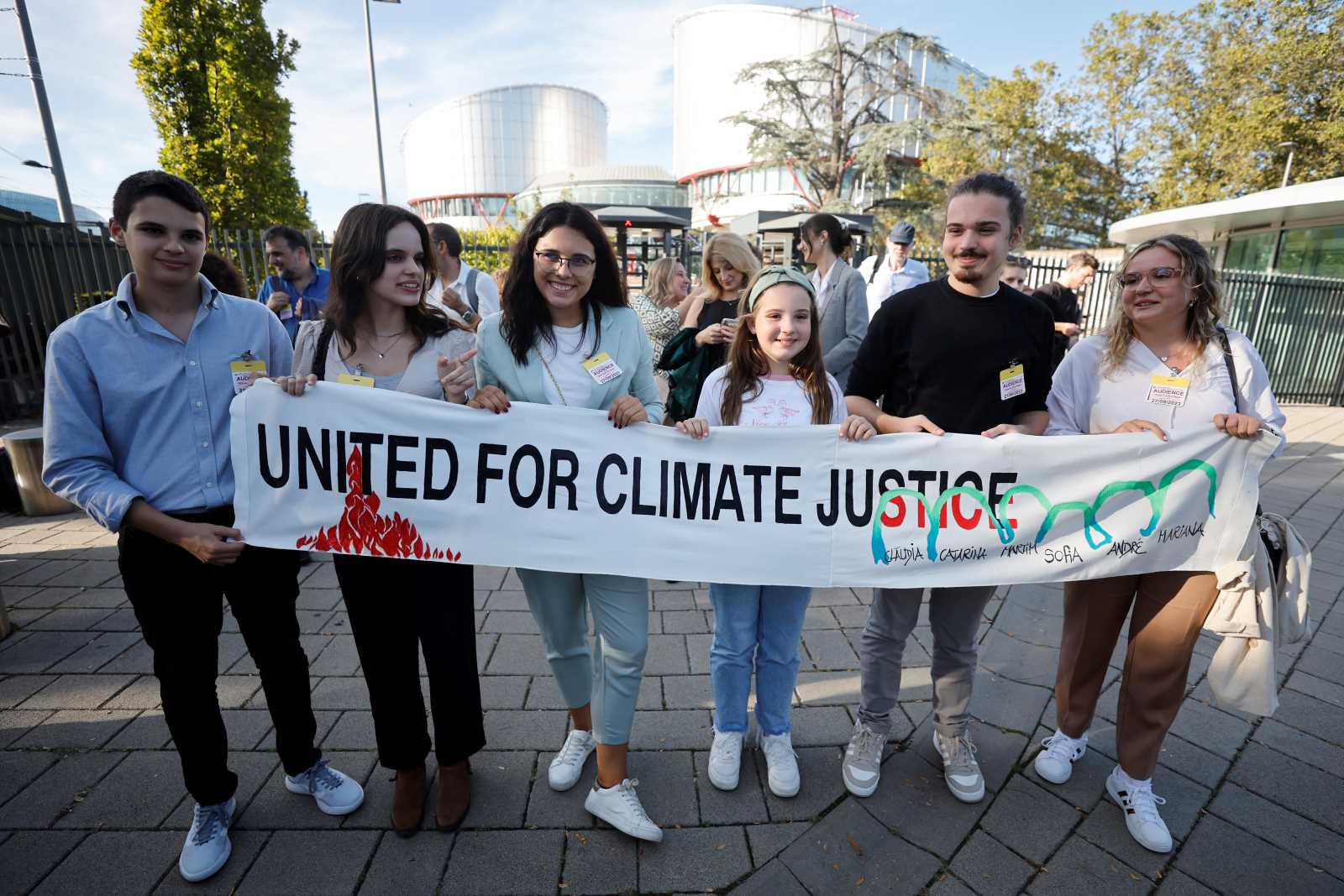Climate conference
“If only privileged voices are heard, measures remain one-sided”
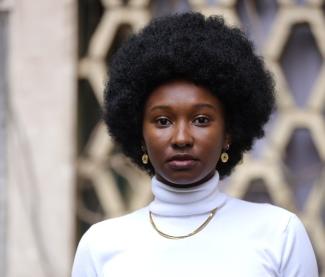
Joyce Koech in an interview with Leon Kirschgens
How are you involved in climate protection in Kenya?
I started organising Fridays for Future demonstrations in my hometown of Mombasa, Kenya in 2019. At some point, I wondered how I could do more to protect our climate. Eventually, I realised how important but threatened our mangrove forests are. These shallow-rooting trees only grow in warm salt water along the coast. Their ecosystems have great potential for climate protection as they store around 10 times more CO2 than ordinary forests. But they are under threat; they are being cut down for timber or infrastructure projects such as road construction and are suffering in general from biodiversity loss.
So, with a handful of other women, I wanted to take a stand against this and ultimately founded the “Blue Earth Organization”. We work primarily on the regeneration of mangrove forests to benefit not only the environment and climate, but also people in the local coastal communities. We want to empower all people, especially women, to use mangrove forests as a sustainable resource. That’s how mangrove protection strengthens coastal communities both socially and economically.
What was your experience at the UN mid-term conference in Bonn?
I have already been to several climate conferences, and this time I was once again disappointed by the lack of determination. For years, we have been calling for more climate financing, real support and to finally implement the “loss and damage” mechanism. This refers to the agreed loss and damage fund, which was created to provide financial support to countries and vulnerable communities that are or will be particularly affected by extreme weather, rising sea levels and other climate-related disasters. Although it was established at COP27 in 2022, there is still disagreement about how it should be implemented and financed.
We are still facing strong resistance, especially when it comes to the responsibility of industrialised countries. Yet many communities like ours are already suffering from the consequences of the climate crisis: crops are failing more often; people are losing their livelihoods or even their lives to hunger and drought – even though we ourselves have contributed very little to the problem.
Nevertheless, it was important to be at the conference in Bonn. It was good to be seen and, in our case, to be able to represent the coastal communities of Kenya. If activists like us don’t contribute our experiences, many discussions will remain abstract and divorced from reality. Unfortunately, there are still many barriers that are preventing those of us from the Global South from participating, such as the difficulty of obtaining visas. I was one of only a few activists who were able to participate, meaning that the voices that most urgently need to be heard are missing.
So, what needs to change in future international climate negotiations?
We finally need genuine solidarity. The structural egoism of some industrialised nations is preventing us from making real progress in climate protection. While we are fighting for survival, companies like Shell continue to make billions in profits from fossil fuels. This is not only unfair, but also downright dangerous for everyone. If we don’t act now, even those regions that still consider themselves safe will eventually be affected. And we finally need equal access to decision-making processes. If only privileged voices are heard – as is often the case at conferences – the measures taken tend to remain one-sided.
Joyce Koech is a Kenyan environmental and climate activist who co-founded the Blue Earth Organization, which campaigns for the regeneration of mangrove forests.
koechchero7@gmail.com
This story is part of The 89 Percent Project, an initiative of the global journalism collaboration Covering Climate Now.


